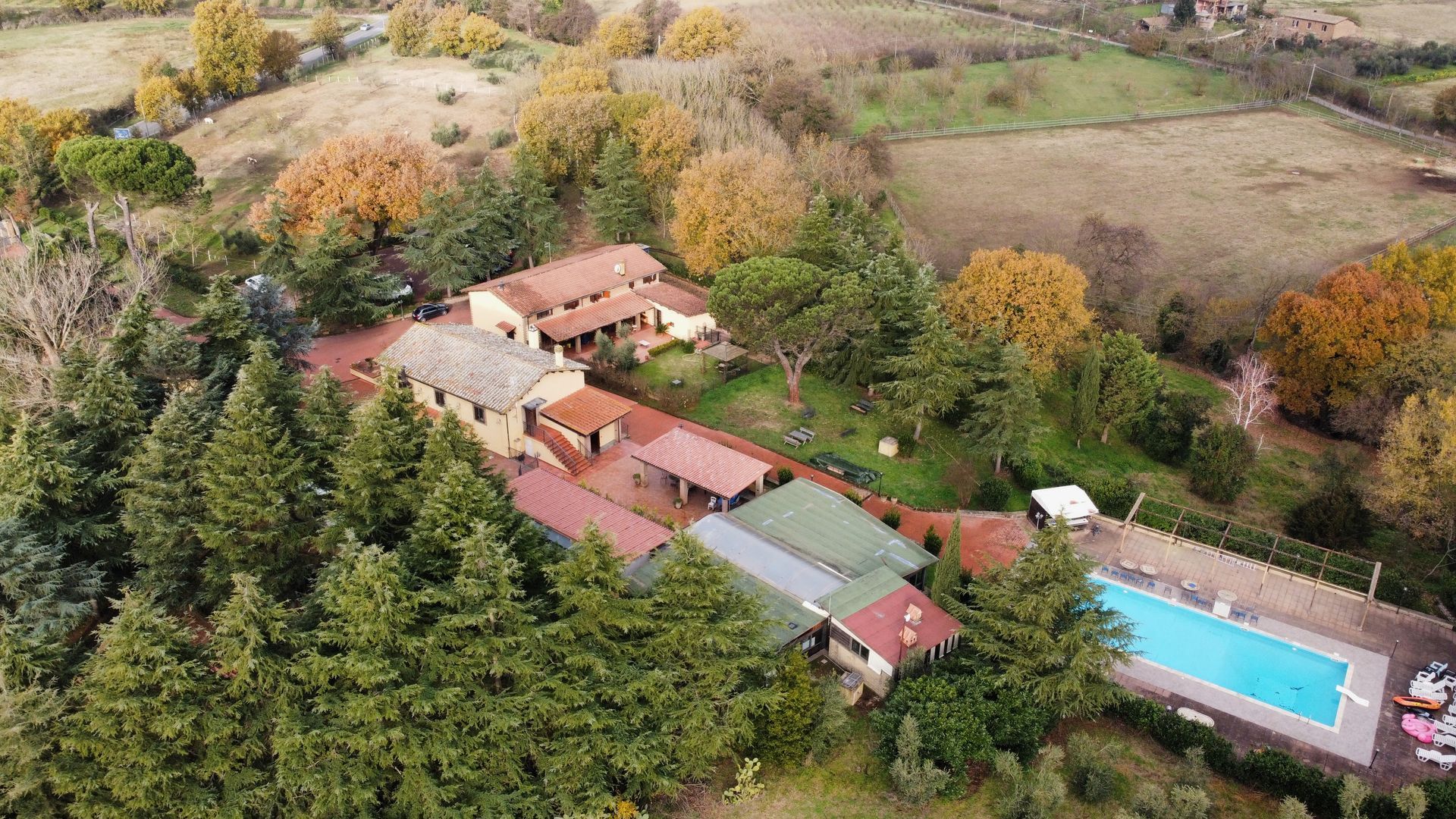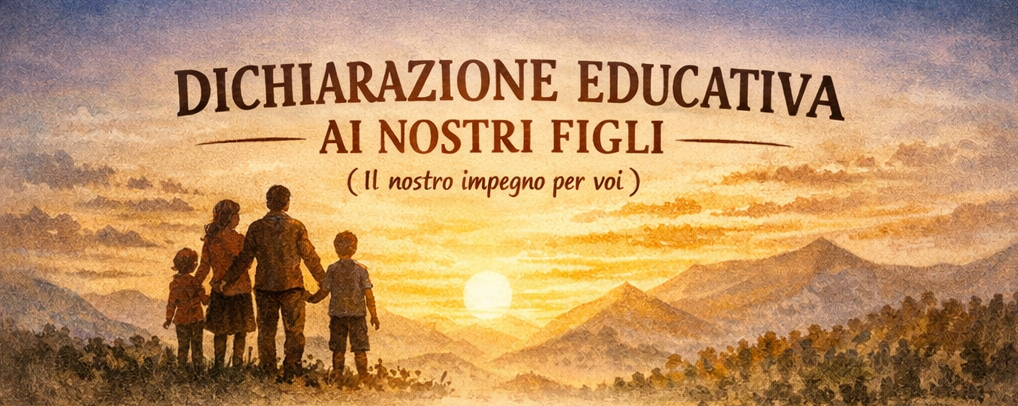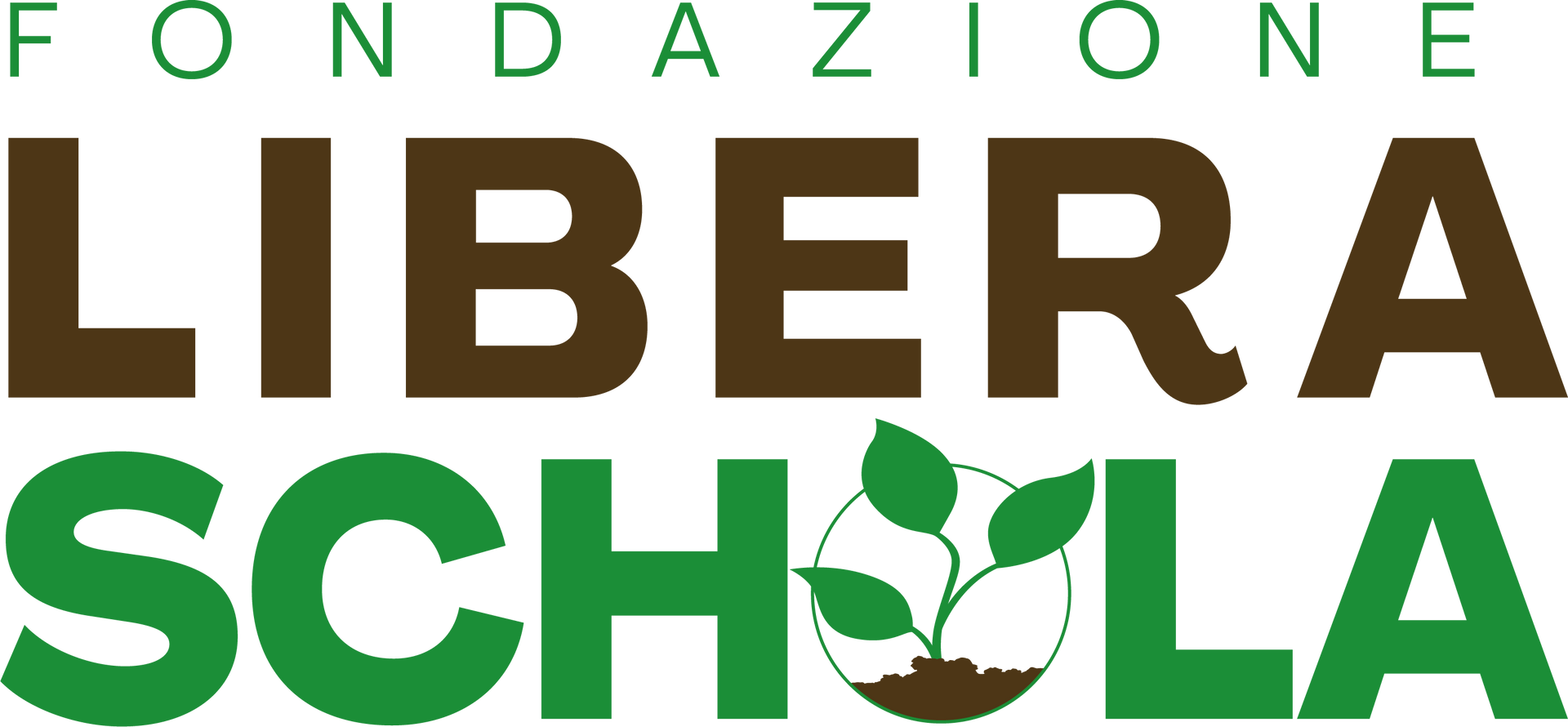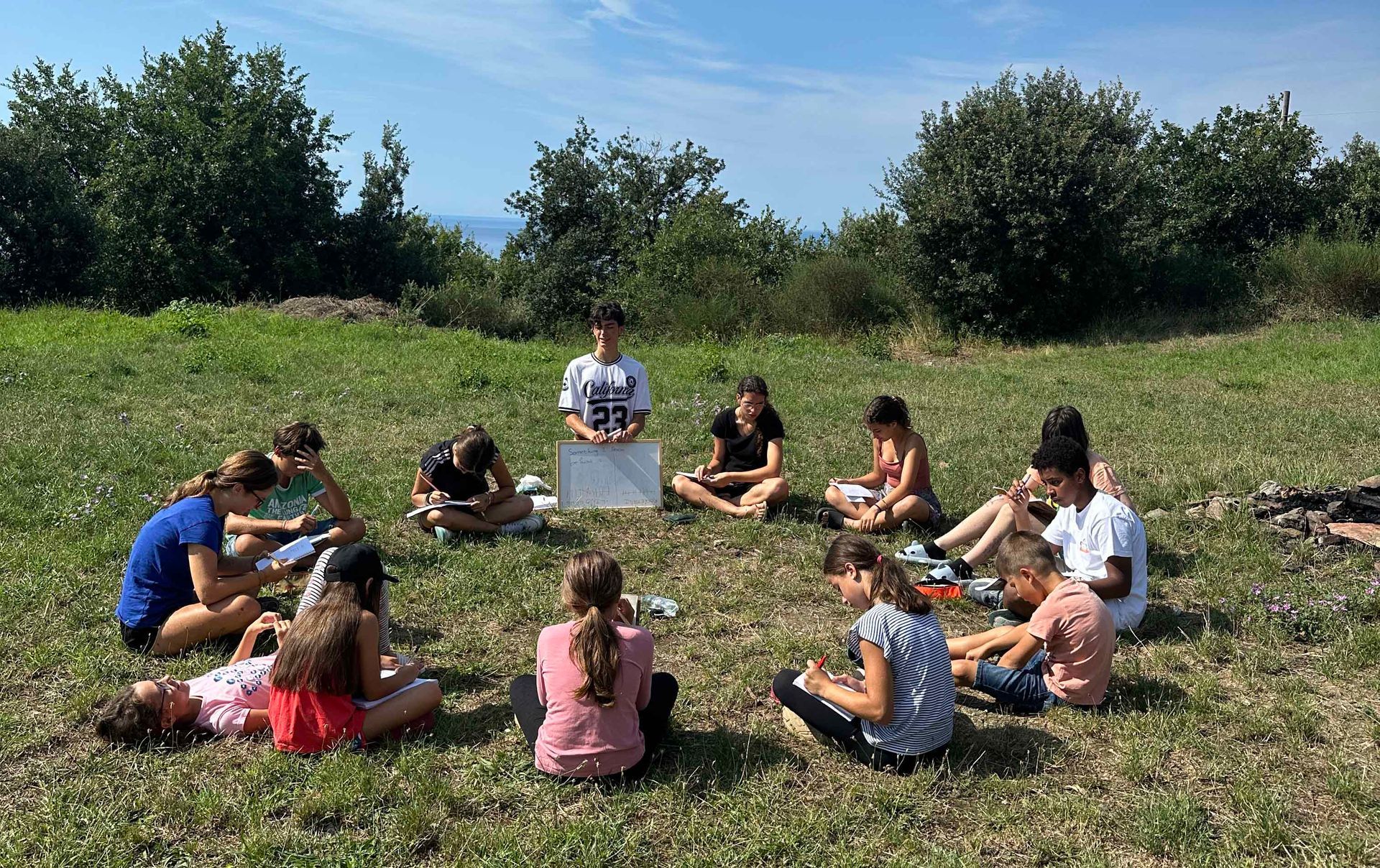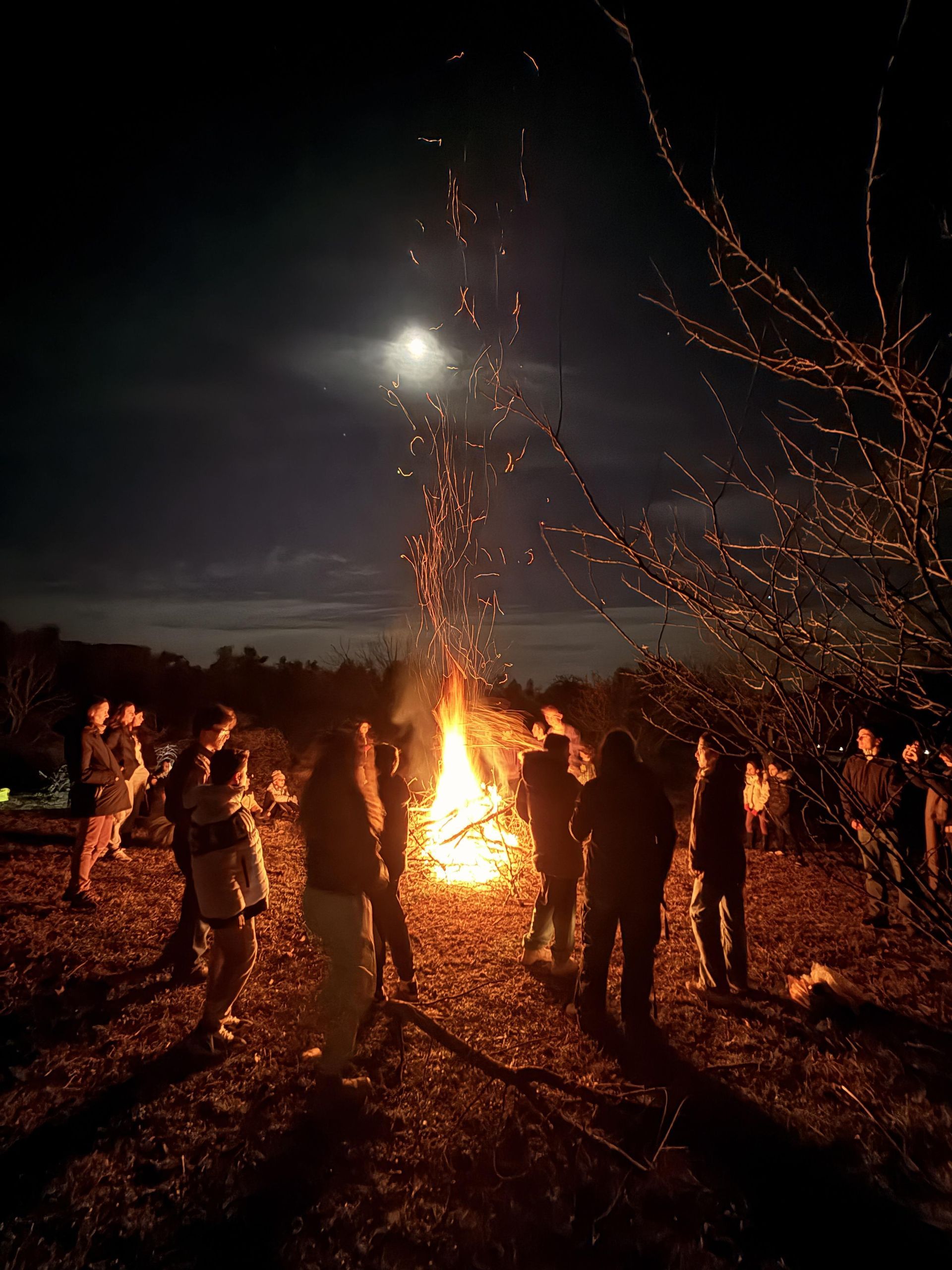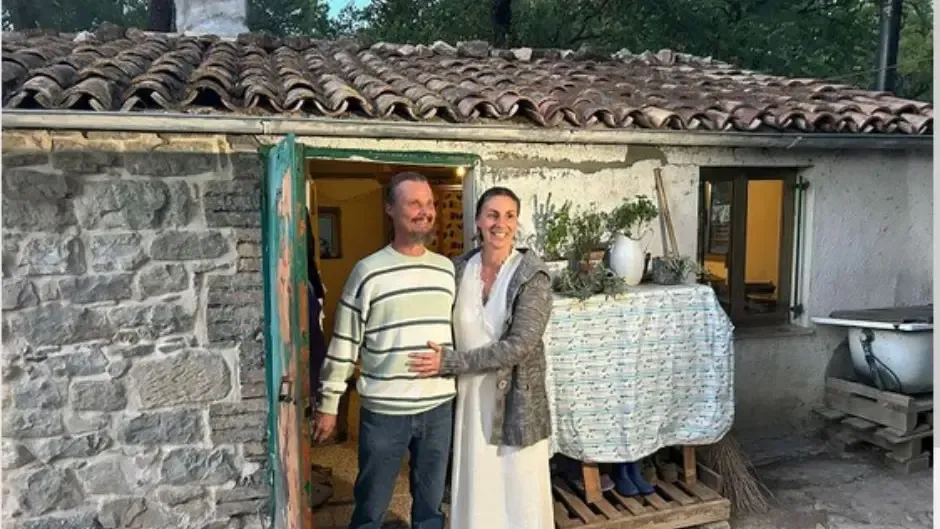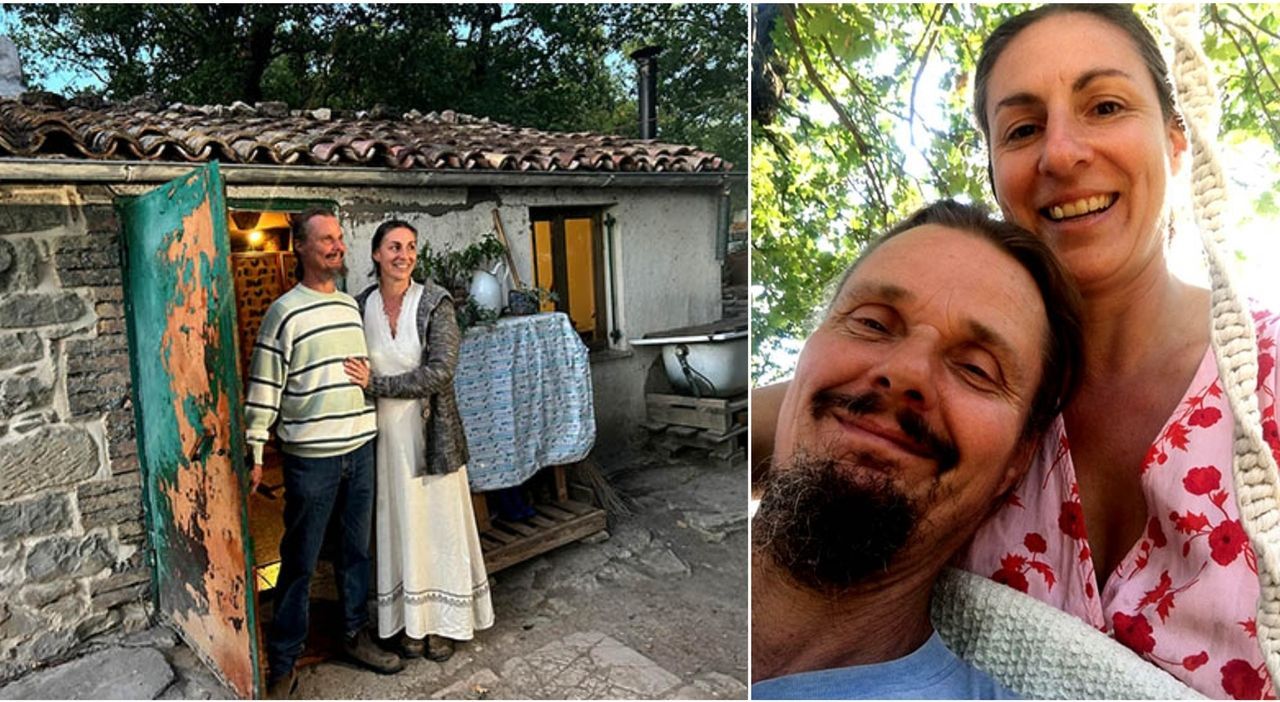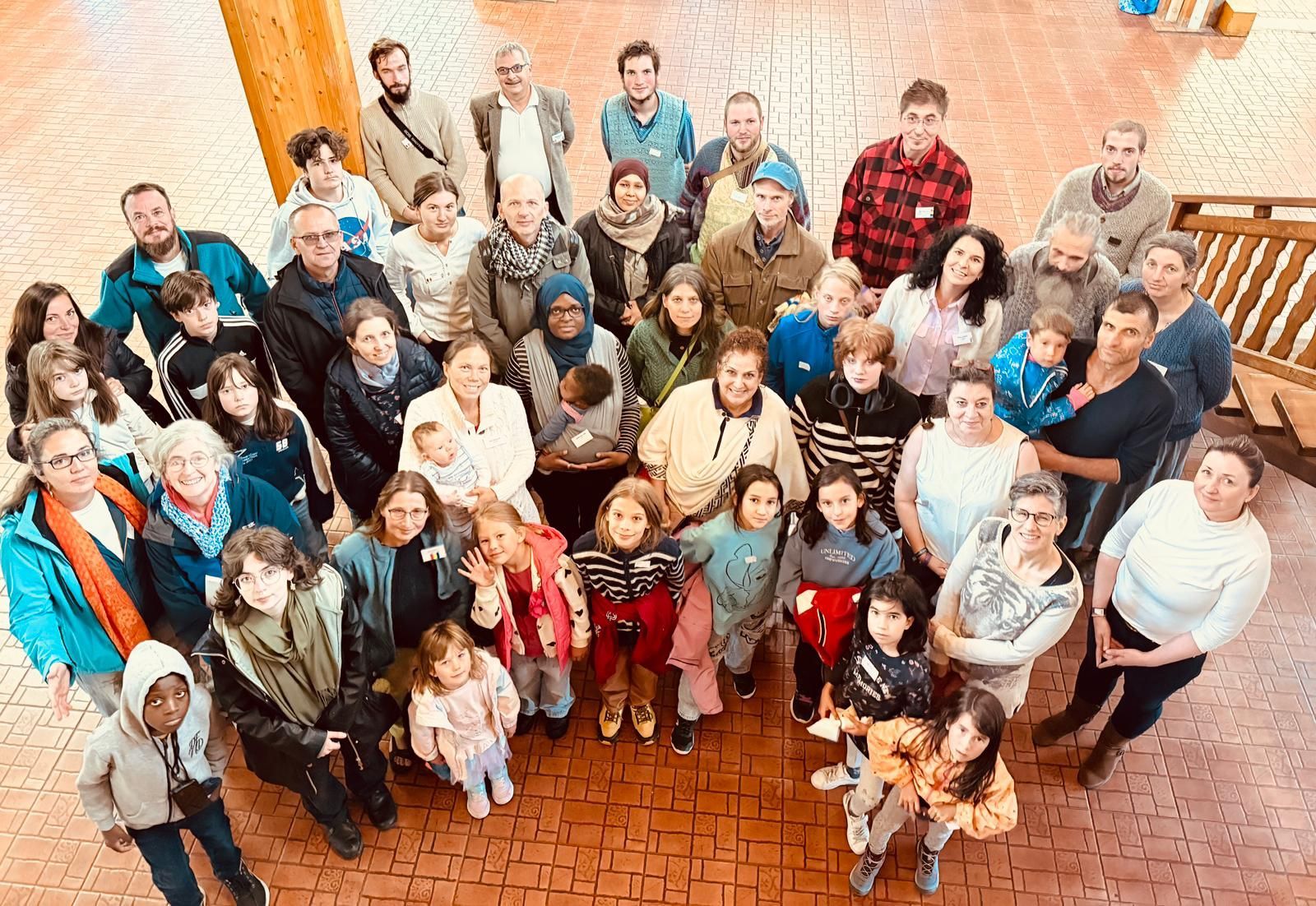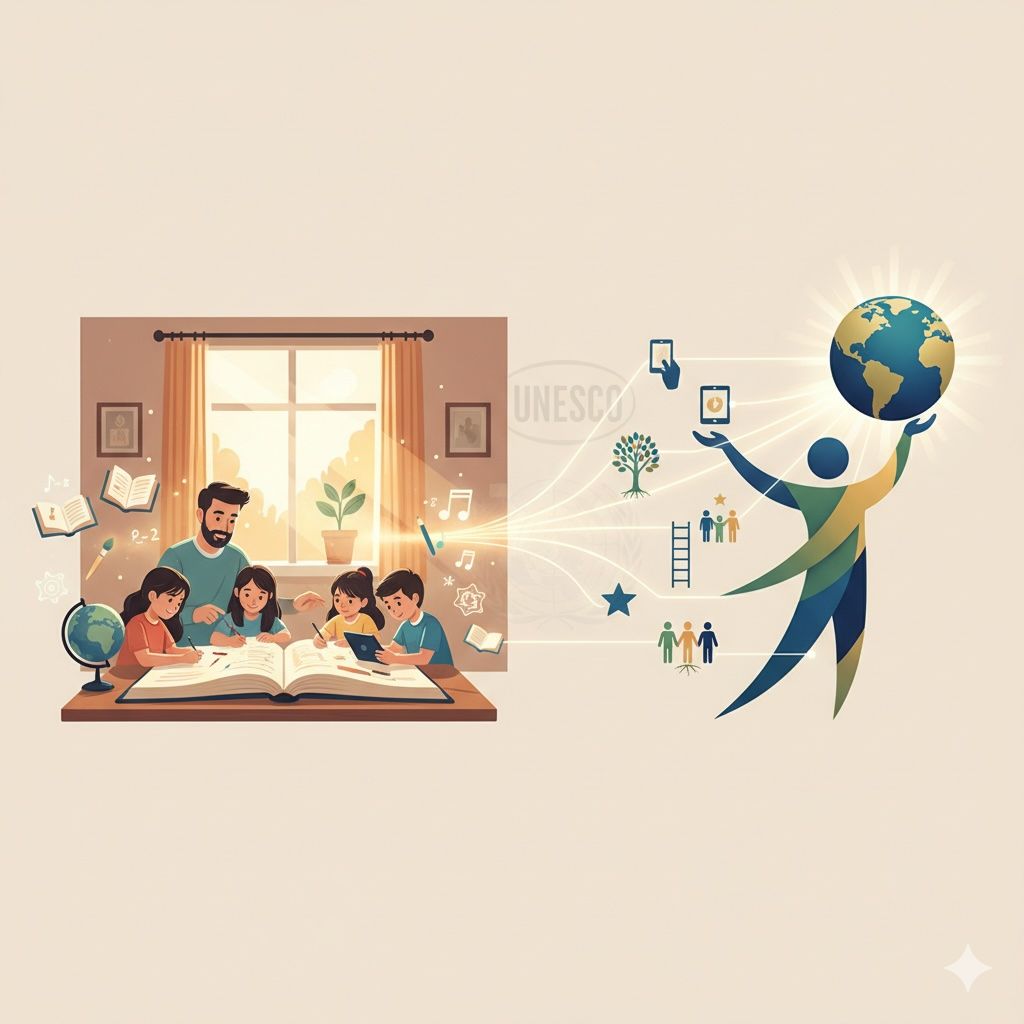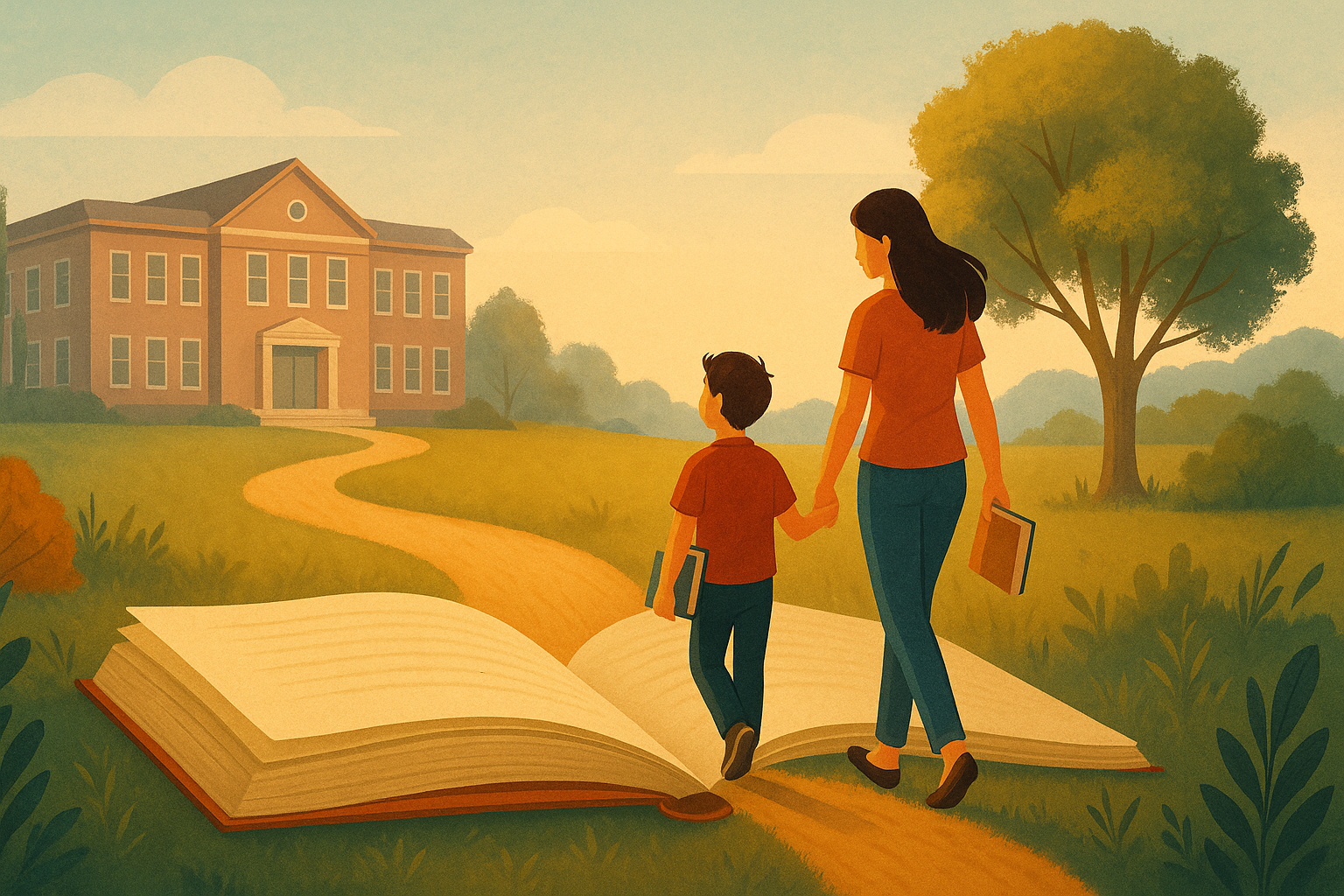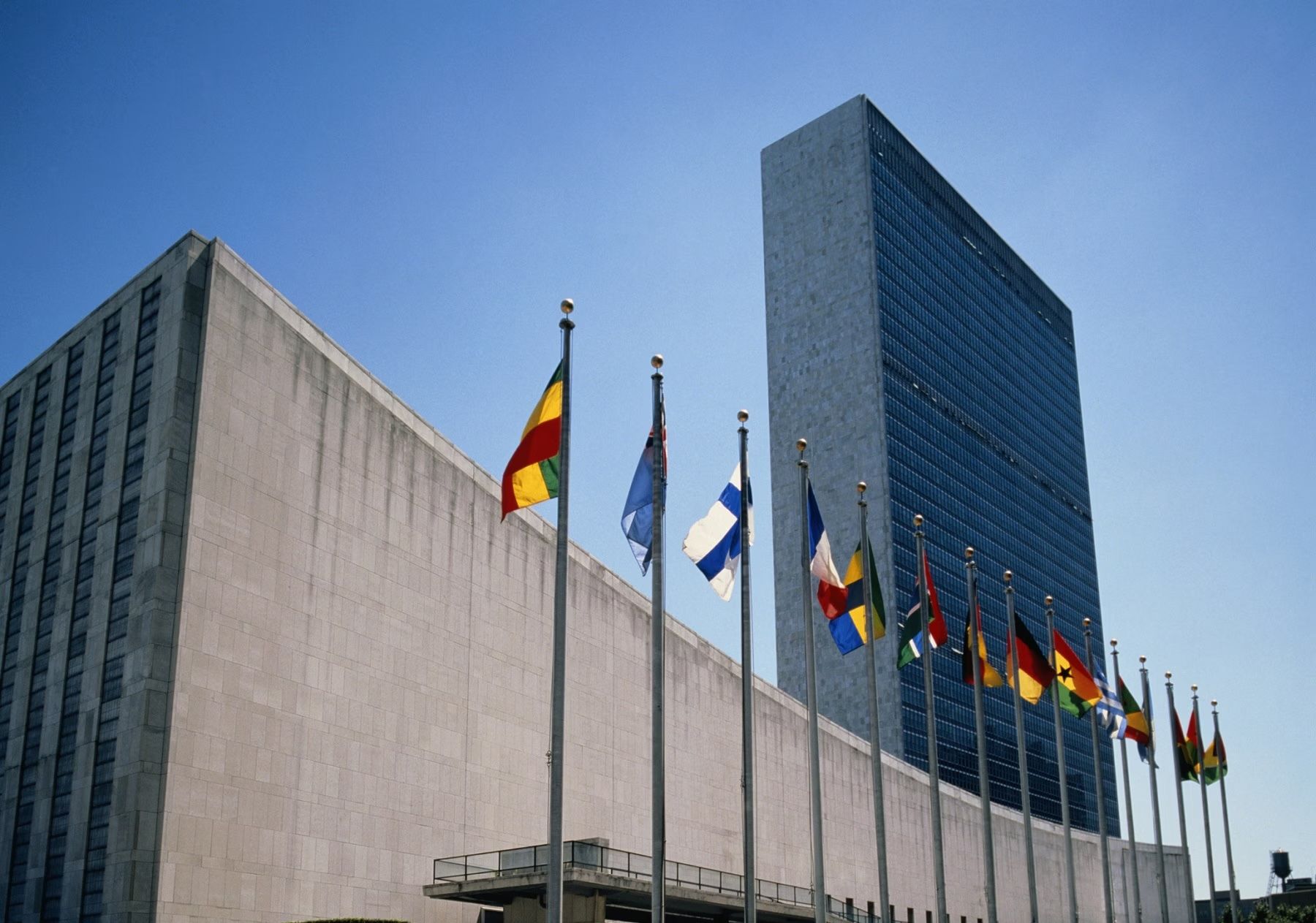When the State Steps In: Understanding Educational Freedom and Responsibility in Italy
When the State Steps In: Understanding Educational Freedom and Responsibility in Italy
In recent weeks, the story of a foreign family living in the woods of Abruzzo has captured the attention of both national and international media. A couple — Catherine Birmingham (45, Australian) and Nathan Trevallion (51, British) — currently reside with their three young children, an 8-year-old daughter and 6-year-old twins, in a former farmhouse near the town of Palmoli (province of Chieti). According to reports, the home is off-grid, without access to traditional water and electrical systems.
The family reportedly uses solar panels, a private well, and autonomous heating. Their children do not attend conventional school, and the family appears to follow a form of unschooling or alternative learning. What began as a quiet life choice has now become the subject of legal scrutiny: social services and the public prosecutor’s office have opened an investigation, evaluating the living conditions and educational situation of the children. The legal case is still open and may include potential removal of parental authority, depending on the outcome of the inquiry.
This case, while specific, raises broader questions that matter deeply to those choosing or considering an alternative path in Italy — particularly international families. It highlights the delicate and sometimes misunderstood boundary between educational freedom and institutional oversight. While the parents have stated their commitment to raising and educating their children in an intentional, low-impact way, authorities have expressed concern over several aspects: lack of formal schooling, the absence of a pediatrician, limited social interaction with peers, and non-standard housing infrastructure.
From an outsider’s perspective — especially one shaped by cultures where off-grid living and alternative education are more broadly understood or accepted — this might appear like a disproportionate institutional reaction. But in Italy, such matters are rarely evaluated in abstract terms. The social and legal context is specific, complex, and culturally distinct.
Italy does legally recognize homeschooling (known as educazione parentale), and the Constitution places the primary responsibility for children’s education on the parents, not the school system. There is no obligation to enroll in school, as long as families follow the required procedures: declaring their intent to educate at home, ensuring the child receives instruction appropriate to their age and capacity, and participating in yearly academic assessments. However, while the law appears clear, its application is highly dependent on local institutions. Italy is not a system of fixed administrative responses and national guidelines alone. Here, the discretion of individual officials, regional interpretation, and cultural norms all play a significant role in how educational freedom is perceived and handled.
This cultural factor is often misunderstood by newcomers.
Many international families, especially those coming from Northern Europe or English-speaking countries, assume that a legal right automatically guarantees social acceptance and administrative clarity. In Italy, that is not always the case. Laws coexist with deeply rooted traditions, and public officials may interpret "unschooling," off-grid living, or non-traditional education as signs of risk, not autonomy. Without proactive, competent communication with authorities — backed by documentation, awareness of the legal process, and sensitivity to local dynamics — families may find themselves vulnerable to institutional misunderstanding or suspicion.
Compounding this issue is the rise of well-intentioned but unreliable sources of information circulating on social media. Many families arriving in Italy turn to Facebook groups, WhatsApp chats, and informal forums for guidance. These communities can offer solidarity, but they are no substitute for correct legal information. In fact, they often promote oversimplified or misleading narratives — such as the idea that one can live entirely off-grid, avoid formal schooling, and “fly under the radar” without consequences. Others arrive in Italy, attracted by affordable land and a vision of rural freedom, assuming they can recreate a child-friendly utopia or intentional community, without first understanding how residency, educational obligations, or child protection systems function in this country. If you are legal resident in Italy, Italian law fully applies — including education requirements and child welfare oversight. Personal ideals and lifestyle choices must be legally coherent and communicable within this framework.
That does not mean alternative paths are impossible, but it does mean they must be undertaken with preparation, humility, and responsibility. Families need to know not only the law, but the institutional climate in which that law operates. They must be ready to justify their educational approach with clarity and composure, particularly when it diverges from the norm. Choosing to educate outside of school is not a loophole — it is a conscious, long-term commitment that requires diligence, transparency, and resilience.
This is exactly why Fondazione Libera Schola ETS exists.
As a national foundation working to defend and promote educational freedom in Italy, we support families through legal guidance, mentorship, exam organization with welcoming schools, and direct dialogue with institutions. We help ensure that your educational choices are not only grounded in law, but also communicated in a way that builds trust and understanding. We organize family gatherings, cultural events, international study trips, and local educational meetups, helping families feel connected, supported, and visible in a positive way. We don’t promote secrecy or avoidance — we promote preparedness, community, and lawful confidence.
Moreover, families across Italy can rely on EDUpar.it, the national network for home-educating families. EDUpar provides trusted, accurate information and a vibrant ecosystem of support — from paperwork assistance to community events — helping families thrive within the framework of their rights. This is the difference between taking a leap in the dark and building a real, long-term alternative life in Italy.
The Palmoli case is tragic in part because it might have been avoided — with the right advice, with more local engagement, and with a clearer understanding of how Italian systems operate. It is not an example of persecution against freedom. It is an example of what can happen when freedom is not accompanied by a strategy. In Italy, responsibility and freedom are inseparable. That’s the price — and the beauty — of raising children in a country that still places deep value on education, community, and the human relationship.
If you’re a family looking to walk a different path here, know this: you are not alone, but you must also know that you are not outside the law. Come prepared. Connect with those who have experience. Ask real questions. Be careful who you take advice from and never forget that educational freedom, to last, must be lived in full awareness of the country you’re choosing to call home. Libera Schola is here to walk that road with you.


